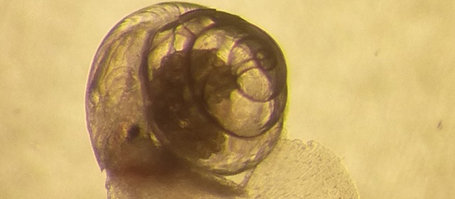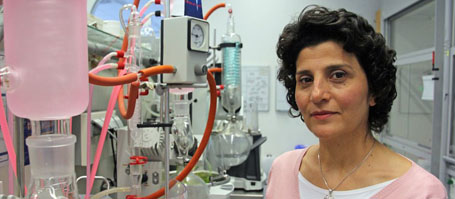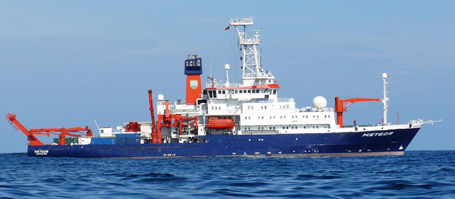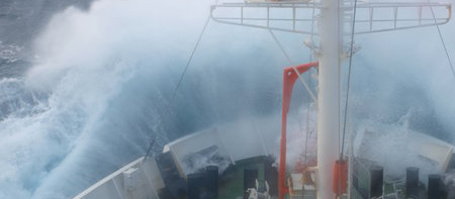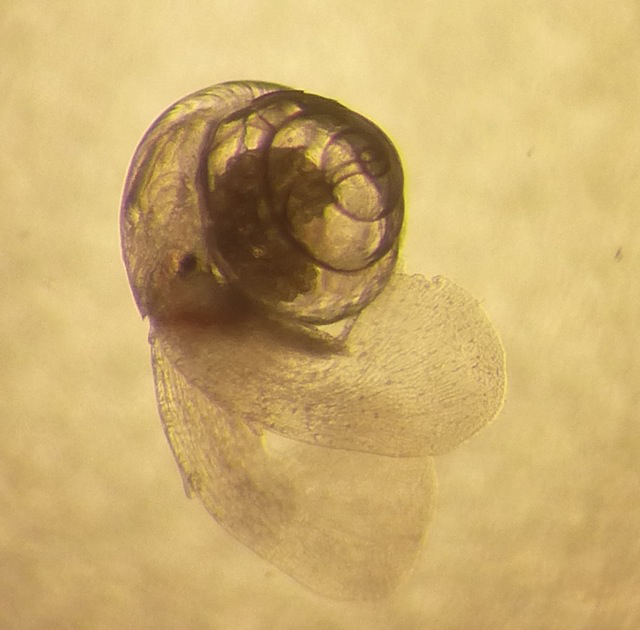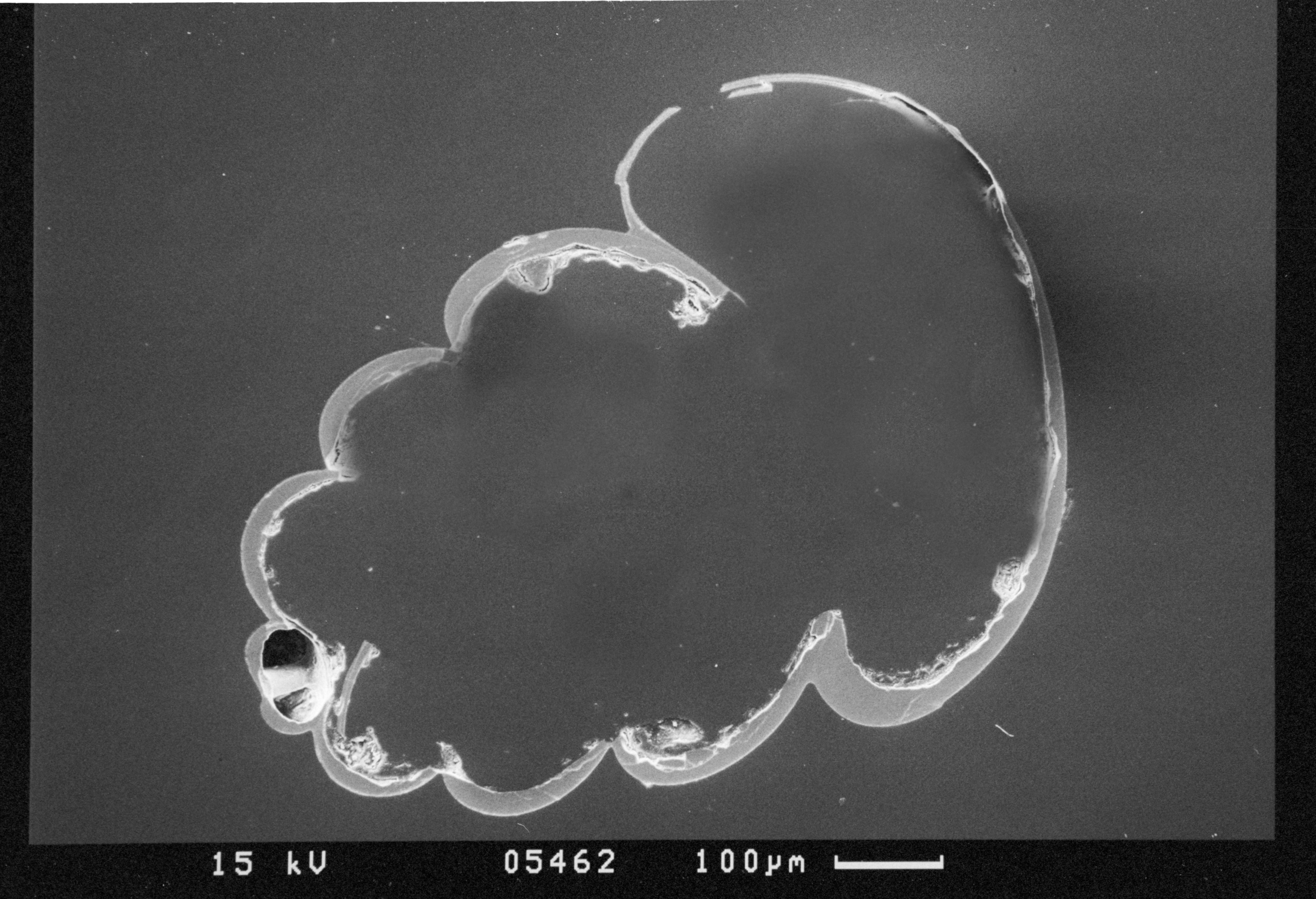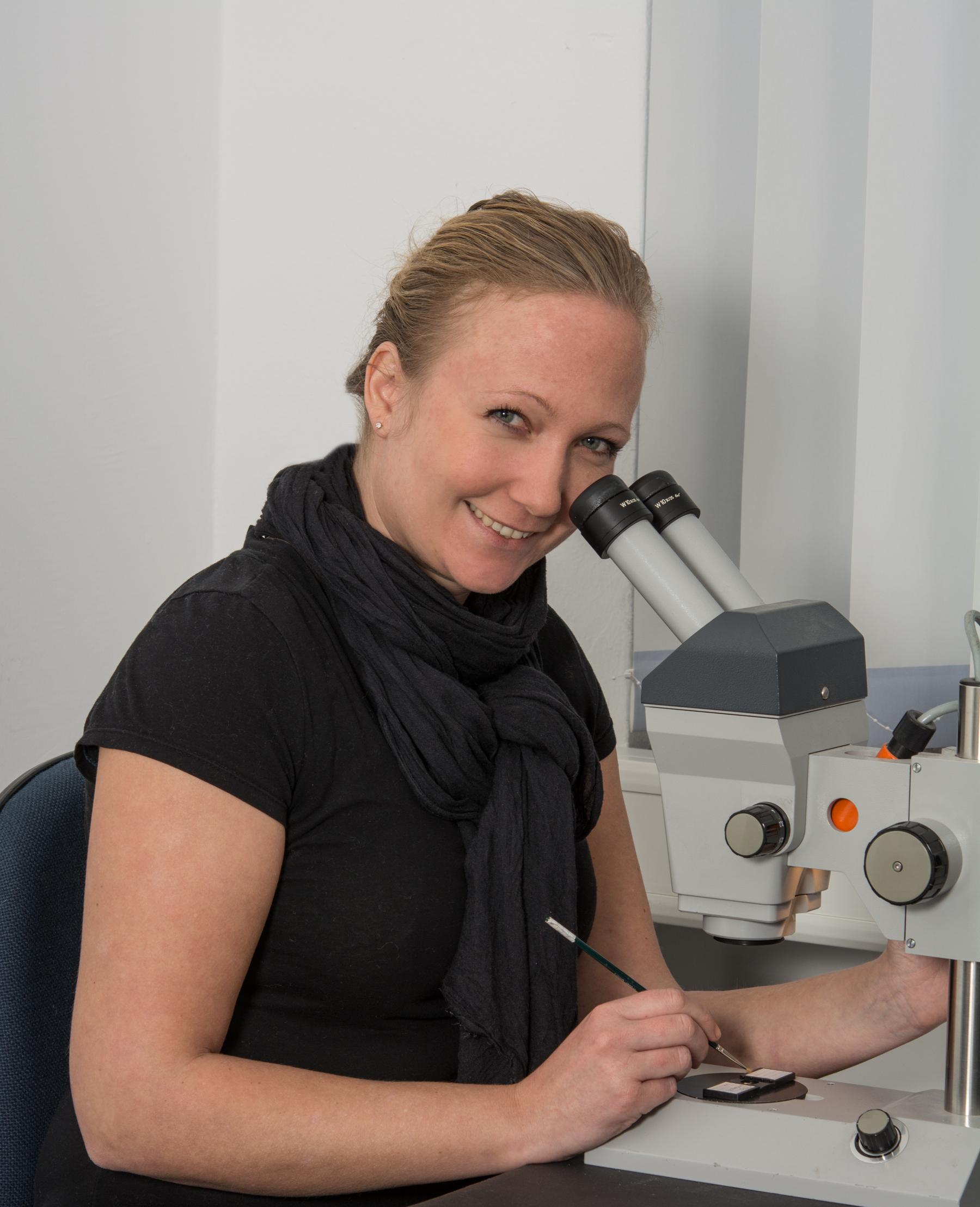The foundation awards twelve scholarships to outstanding young researchers with ideas for innovative projects every year. A scholarship runs for two years and is worth 20,000 Euros a year. It is meant to motivate the laureates to invest in laboratory equipment, scientific support or in international research stays. It is very hard to fund activities or additional investments of this kind in the framework of a normal postdoc project. Out of 160 applicants Dr. Nina Keul was selected for her project proposal “ocean acidification, the evil twin of climate warming” and was even selected as one of only two scholarship holders who will be supported by the Reinhard Frank Foundation.
In her research Dr. Nina Keul deals with global climate change and is developing new methods to reconstruct the past level of CO2 in the atmosphere. Climate models which simulate a future rise in temperatures will be compared to past levels of CO2. In order to identify these marine scientists use marine calcifiers, among them true conches (so-called pteropods). They can be found everywhere in the oceans and their lime shells are a kind of biological climate archive from which we can draw conclusions about the climate in the past. The snail’s shell consists of aragonite and reacts particularly sensitively to warming or to the acidification of the oceans. Therefore, studies on true conches help us to gain important information about future climate change.
Dr. Nina Keul from the Institute of Geosciences at Kiel University is happy. “With the funding I will be able to make additional measurements, for which, up until now, I didn’t have either the time or the financial resources”, she says. The researcher will focus on the measurement of stable oxygen isotopes, a method which works well if the aim is to reconstruct past temperature fluctuations. The samples of true conches needed for this come from the Tropics, where they can be found in high number, but also from the Arctic and Antarctica, where climate change is proceeding particularly quickly and severely.
Dr. Nina Keul’s project is financed within the framework of the Cluster of Excellence “The Future Ocean” and being conducted at the Institute of Geosciences at Kiel University. Cooperation partners are the GEOMAR Helmholtz Centre for Ocean Research Kiel, the Alfred Wegener Institute in Bremerhaven and the Lamont-Doherty Earth Observatory of Columbia University in New York.
Contact
Dr. Nina Keul, Institute of Geosciences (CAU), Telephone 0431 880-3253, keul@gpi.uni-kiel.de, www.ninakeul.com
Friederike Balzereit, Public Relations, The Cluster of Excellence “The Future Ocean”, Telephone 0431 880-3032, fbalzereit@uv.uni-kiel.de
…
Press material
The true conch is especially sensitive to warming and acidification of the ocean.
Image: Silke Lischka, GEOMAR
Cross section of a true conch. The measurements are taken with a special mass spectrometer.
Image: Nina Keul, Exzellenzcluster „Ozean der Zukunft“
